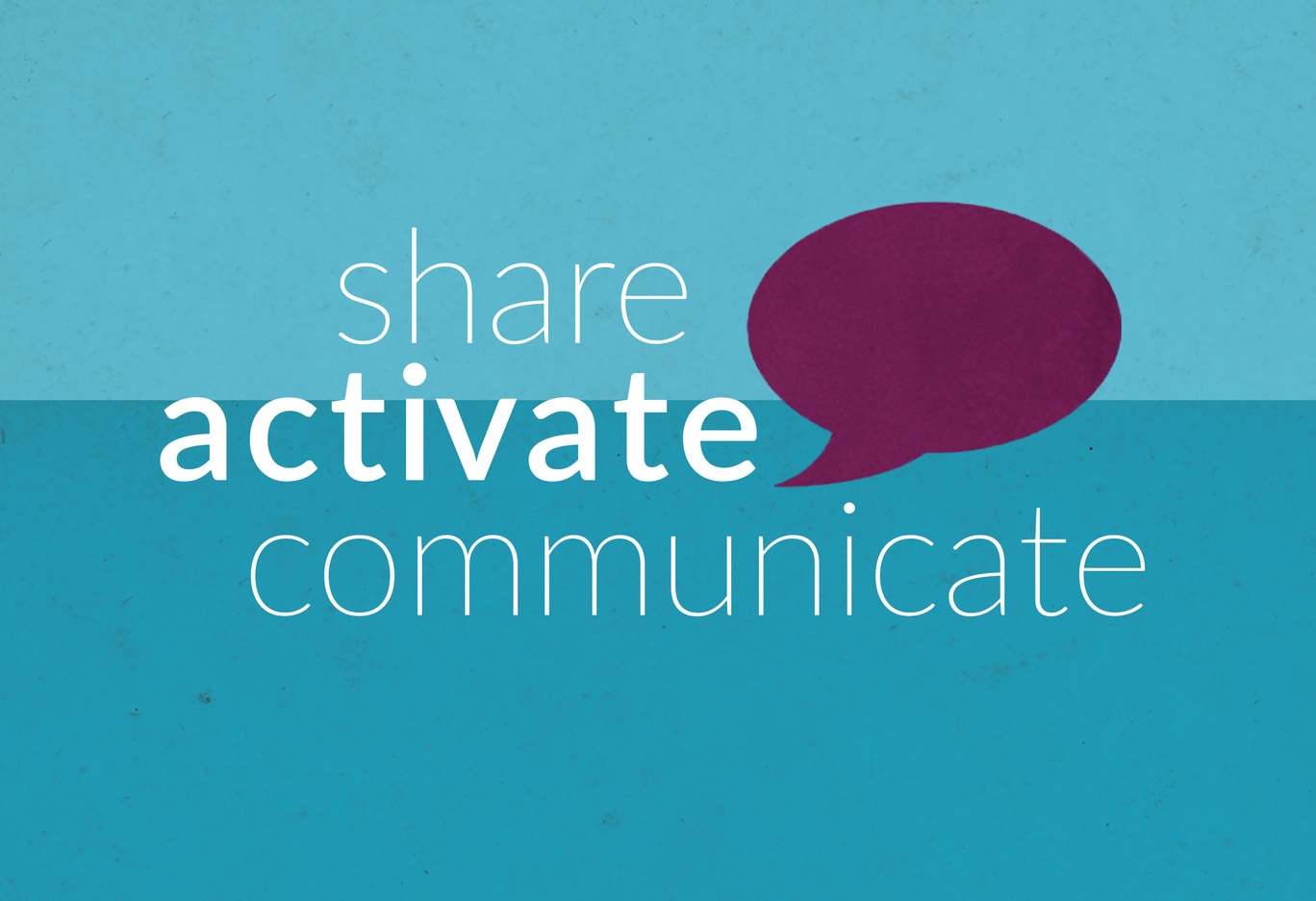
Life After Stroke: 3 Ways to Keep Aphasia From Getting in the Way of Good Conversation
Three years after experiencing a shower emboli stroke, CaringBridge author Christine Richards of Wyoming said she still speaks with a “stroke accent.” Chris is living with aphasia, an effect of stroke that can make communication challenging for those on the speaking and listening sides of a conversation.
“Aphasia didn’t make me not intelligent,” Chris said. “It affected my speech. I know what I want to say, but I can’t say it fast.”
Many CaringBridge users recovering from stroke express the same sentiment as Chris, and offer the following tips for talking with—not at—a person who has aphasia:
1. Acknowledge the Elephant in the Room
People living with aphasia are well aware that getting a point across is harder than before stroke. Rather than skirting the obvious, it may put speaker and listener at ease to say something like, “Let’s just be patient with each other while we figure this out together. All will be well.”
2. Give Me a Minute, Please
While it is human nature to want to help along anyone who seems to be struggling, try to avoid the natural impulse to finish sentences, interrupt or talk over a person with aphasia. Finding the right words, and getting them out, simply takes longer. Stroke-recovery is a time when awkward pauses are OK. Don’t rush to fill gaps in conversation.
3. Keep it Simple
Although aphasia typically doesn’t affect thinking skills, carrying on a conversation can be exhausting for stroke survivors. Out of courtesy, maybe consider sticking with questions that require short answers. Or invite the use of “props,” so that a person with aphasia may supplement responses by drawing, pointing at pictures or possibly typing or texting.
Add to the Tips
Over time, and with speech therapy, aphasia may fade. But at every phase of stroke recovery, a hug or squeeze of the hand can be just as meaningful as words that are hard to find and/or express.
In the “Comment” section directly below, please add to these tips for communicating with a stroke survivor living with aphasia.
Learn More
During the month of May, recognized as American Stroke Month, CaringBridge is partnering with the American Stroke Association to help educate patients, caregivers, family and friends about Life After Stroke.
Start a CaringBridge Site
When you’re going through a health journey, you have a lot on your plate. CaringBridge replaces the time-consuming task of sharing your health news over and over. It’s a free, easy to use online journal for sharing health information with your family and friends.
Don’t go through your health journey alone.
You can stay connected to friends and family, plan and coordinate meals, and experience love from any distance.
All of this is ready for you when you start your personal CaringBridge site, which is completely free of charge, ad-free, private and secure. Don’t spend another minute alone!